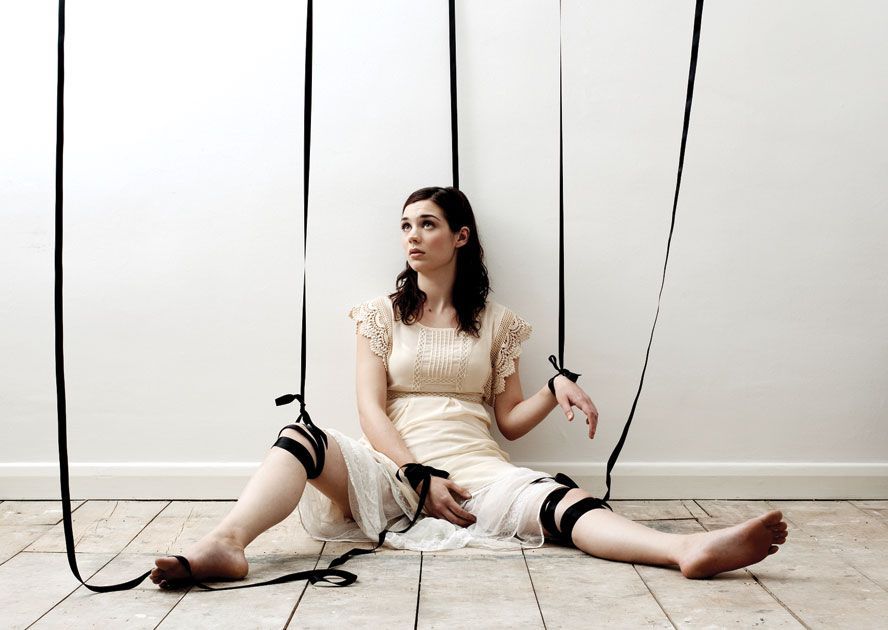There are many reasons that make it hard to say sorry. Read Blog: Why it’s hard to say sorry here. Nevertheless, even if it was an accident, you’ve got a great excuse or you think your partner is over reacting, an apology is often the only way to rectify the situation. Ultimately saying sorry isn’t about winning or losing an argument, it’s not about who’s right and who’s wrong. An apology is an acknowledgement that you love your partner, you regret causing hurt, and you take responsibility for your contribution to the problem. The following “apology starters” do not convey this.
How To Say Sorry To Your Partner
How to Say Sorry to Your Partner

Saying you’re sorry means communicating regret for something you did or said. Expressing a sincere apology shows that you care and respect your partner, and it can help to repair a relationship that’s sustained damage. For the apology to be sincere it’s important that we reflect on our actions, take responsibility for our wrong doings, and actively make changes to fix what’s been broken. Read on to learn the 4 Step Process, and then learn the nitty gritty of What to say, and What not to say.
How To Say Sorry – A Four Step Process
Let’s start by stating the obvious – you need to apologize as soon as you can. The longer you both have to stew over what happened, the greater your negativity about the situation and each other deepens. Apologize before things get worse and it’s even harder to mend the situation.
Although saying sorry may seem hard (see blog here), we can break down the process into four important steps.
1. Reflect – Think about the role you’ve played in the situation. Even if both parties contributed, what was your role? Take a step back and try to see the other person’s perspective. How do your actions look from the other person’s point of view? Think about what emotions your partner might be experiencing? How did your actions make your partner feel?
2. Take Responsibility – Yes … you need to own it! Express a sincere apology, which communicates how much regret you have for your actions. This will show that you accept responsibility for your part, and that you are honestly remorseful. Sincerity is key. You should also ensure you state your apology clearly … no wishy washiness. Your apology will be best received when you specify exactly what your wrong actions (or words) were. This shows that you understand where you went wrong.
3. Listen – Just because you said sorry, things aren’t magically repaired yet. After saying sorry, wait for the other person’s response and listen carefully. Don’t interrupt. Give them time to respond and share what’s important to them, and how they’re feeling. Truly try to understand how what we’ve done has affected your partner’s life. You then need to accept their feedback respectfully and use it to ensure you don’t repeat the same mistake again. There may be an opportunity then to discuss together any changes or actions that need to happen to prevent future recurrences.
4. Repairing – After accepting your partner’s feedback respectfully, always follow through with any actions you’ve committed to do. The act of apologizing can strengthen your relationship, but only if you ensure you learn from your mistakes and follow through on agreed actions.
What You Should Say:
The following “apology starters” can have an enormous impact and are a great way to show that you are taking responsibility and are remorseful.
I’m sorry for ….
I apologize for …..
It was wrong of me to ….
I take full responsibility for ….
I feel terrible. I shouldn’t have ….
It was my fault. I should have ….
These types of apologizes show that you take ownership for what happened, you know exactly where you went wrong, and you regret what you did.
It’s important to keep in mind that, for the other person to truly forgive you, they need to feel that you “get it.” They need to know that you understand how whatever you did impacted them. This means that your empathy game needs to be strong! Empathy means that you’re able to step into the other person’s shoes for a moment so you can have a fuller understanding of their experience, their feelings and their point of view.
What You Shouldn’t Say:
"I’m sorry". (nothing else)
This doesn’t show that you’re aware of what you did and why it was wrong. It doesn’t seem sincere. You’re also not showing how things will be different in the future. Saying simply “I’m sorry” can be perceived as merely an attempt to placate the other person with no sincerity or promise of change. It may actually worsen the rift.
"I’m sorry, but ….."
The dreaded “BUT”! Including a “but” in an apology negates everything that you’ve said before it. It makes excuses and puts the blame on the other person. This is not an apology. Adding “but” just points the finger at your partner and says it’s their fault.
Saying nothing
Avoidance isn’t going to make it go away. You know you’re wrong, but maybe your embarrassed by it, or don’t like admitting your wrong. It makes you uncomfortable. But what’s more important? You feeling momentarily uncomfortable, or your relationship with your partner?
"I’m sorry you feel that way.”
This is not an apology. It’s basically saying “It’s your problem – get over it”.
"I’m SO SORRY! I’m the worst person in the world!"
Exaggerating doesn’t help. It doesn’t erase what you did. And it doesn’t promise you’re not going to do it again. It’s insincere and will be felt by your partner as a disingenuous attempt at smoothing over the situation - not you taking responsibility. Your words just make the other person feel compelled to say “You’re not that bad”, so that you feel better about yourself. It’s not an apology, it’s an attempt to make yourself feel better.
"I promise I will be the perfect partner from now on."
This is an empty promise and will not re-establish trust. Making a promise you can’t keep will only lead to further disappointment and hurt. Unachievable promises will set unrealistic expectations. Being “perfect” is impossible so you would be foolish to take responsibility for achieving this.
“If I hurt you, I’m sorry.”
This does not show that you understand what you did wrong. You can’t take responsibility and be remorseful for actions you are unclear about. Reflect on what you did, how it hurt and specifically state your actions that caused pain.
In the end …
Saying sorry can mend a damaged relationship. Although forgiveness isn’t guaranteed, sincerely apologizing will usually be seen as an honest attempt to reconcile and reconnect. It may take time, but without saying sorry, the communication lines will be down, and the relationship will become more distant. Unfortunately, we are all going to offend and hurt others at various times as we go through life. The secret is to learn how to say sorry …. and mean it.
Click here to find out Why it's so hard to say sorry in a relationship?
Please visit Relationship Issues for information about how Counselling can help.











